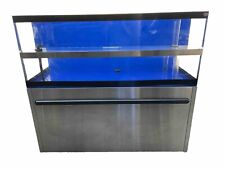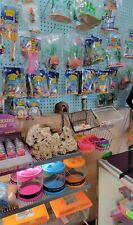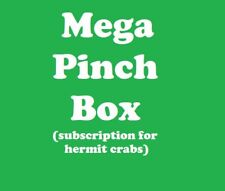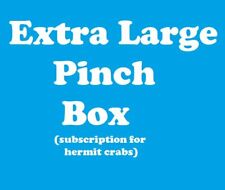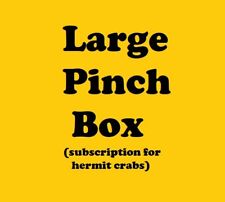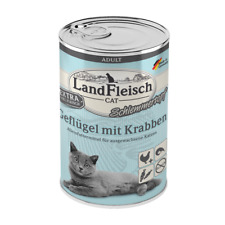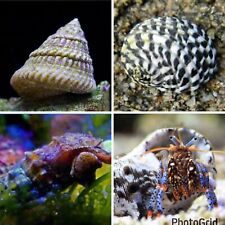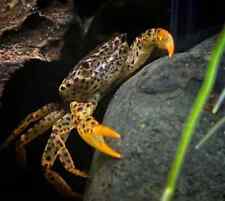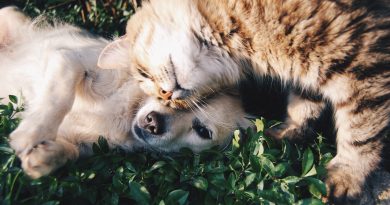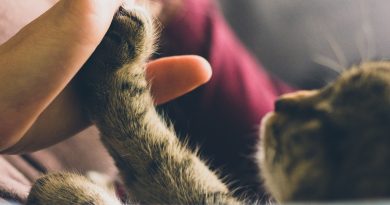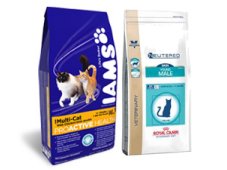How to Choose the Best Food for Your Cat
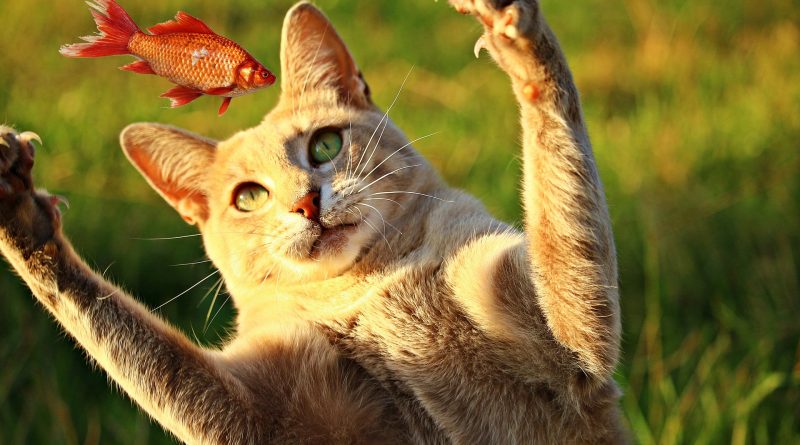
We all want the best for our pets, but there are so many pet foods to choose from it can be hard to know which one’s right for your cat. Adopting a new cat is a bit like bringing your new baby home from the hospital. Which food will keep her healthy? What nutrients does she need? How do you know you are choosing a healthy food?
You probably already know that cats are carnivores, which means their diet should be made up mostly of animal protein. Cats in the wild live on small game like fish, birds, and rodents. Domesticated cats have to rely on us for all of their nutritional needs, so it’s important to know exactly what they need. Feeding the right food can prevent disease and maintain a proper, healthy weight.
So, what exactly do cats need for proper nutrition?
The following nutrients are necessary for cat health:
- Water: It should go without saying, but cats need continuous access to clean, fresh water at all times, just like any other pet.
- Fiber: Cats need fiber for proper digestion, as well as to prevent digestive problems and excess gas.
- Fats: Fatty acids like omega-3 and 6 are essential for cat health. Just like us, too much fat leads to obesity, but the proper type and amount of fat keep the skin and coat healthy.
- Protein: Protein is necessary for lean muscle growth and proper organ function.
- Vitamins and minerals: Vitamins and minerals are also important. They need vitamins A, E, K, and B complex. Cats produce their own vitamin C, but their diet should include minerals like iodine, phosphorous, and calcium. They also require taurine, an essential amino acid. These vitamins and minerals should be included in your cat’s food, you shouldn’t need to provide a supplement.
Carbs in Cat Food
You may have noticed that carbohydrates are not included in the list of nutrients cat need. Grains, vegetables, and fruits are all healthy carbs for humans, but cats can’t digest carbs easily because their intestines are shorter. If your cat seems to be having trouble digesting his food, look for one that has fewer carbs and more animal protein.
When These Needs May Vary
Pregnant and nursing cats and kittens should have more nutrient-dense, higher-calorie food. Kittens also need more protein and fat for growth and building strong bones. On the other hand, senior cats need lower fat food to help them maintain proper weight.
If your cat doesn’t have any major health issues that require special food, both canned and dry food provide complete nutrition. However, canned food contains more moisture, so it’s a good option for cats who don’t drink enough water. Just be sure to choose a high-quality cat food, keep him adequately hydrated, and you should be good to go.

